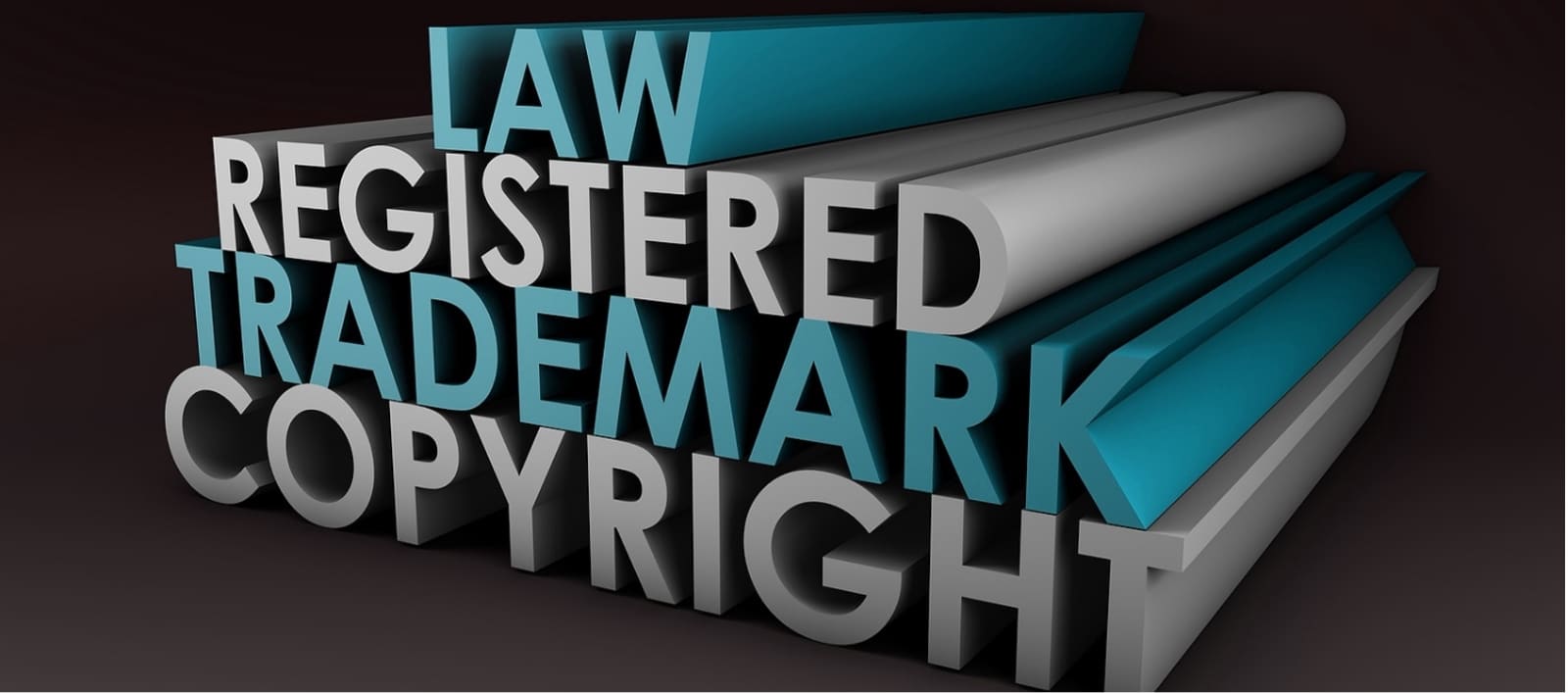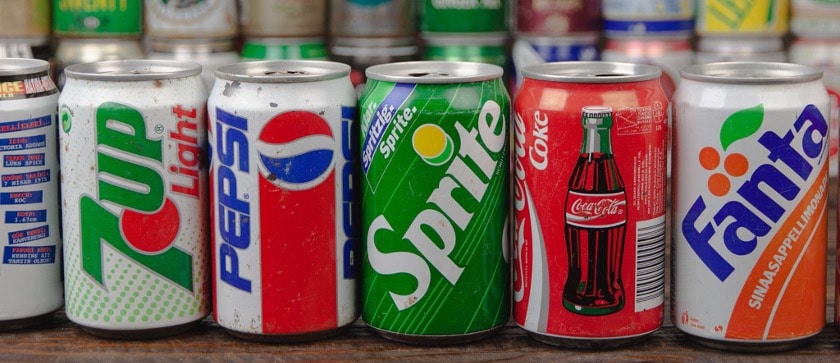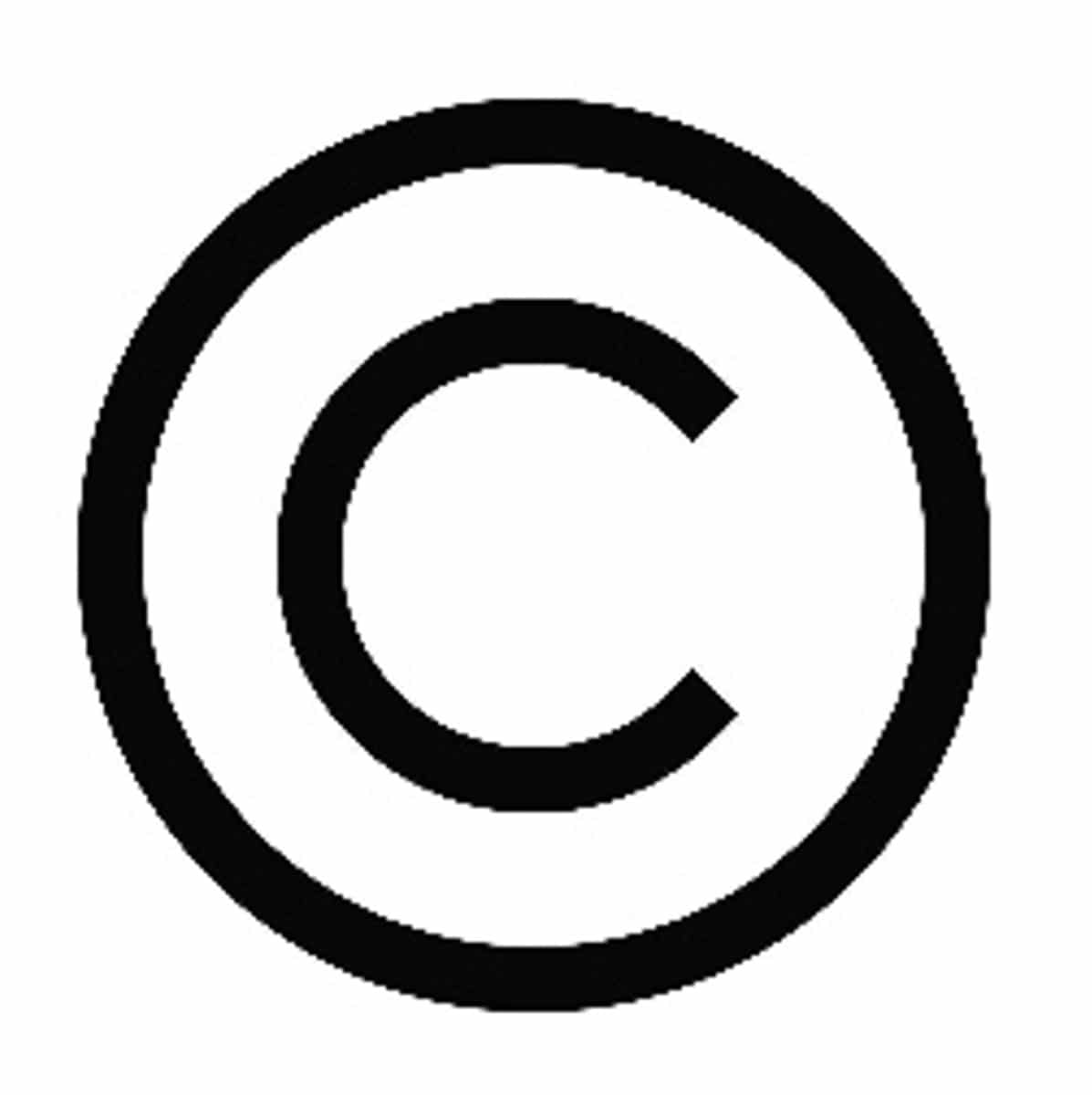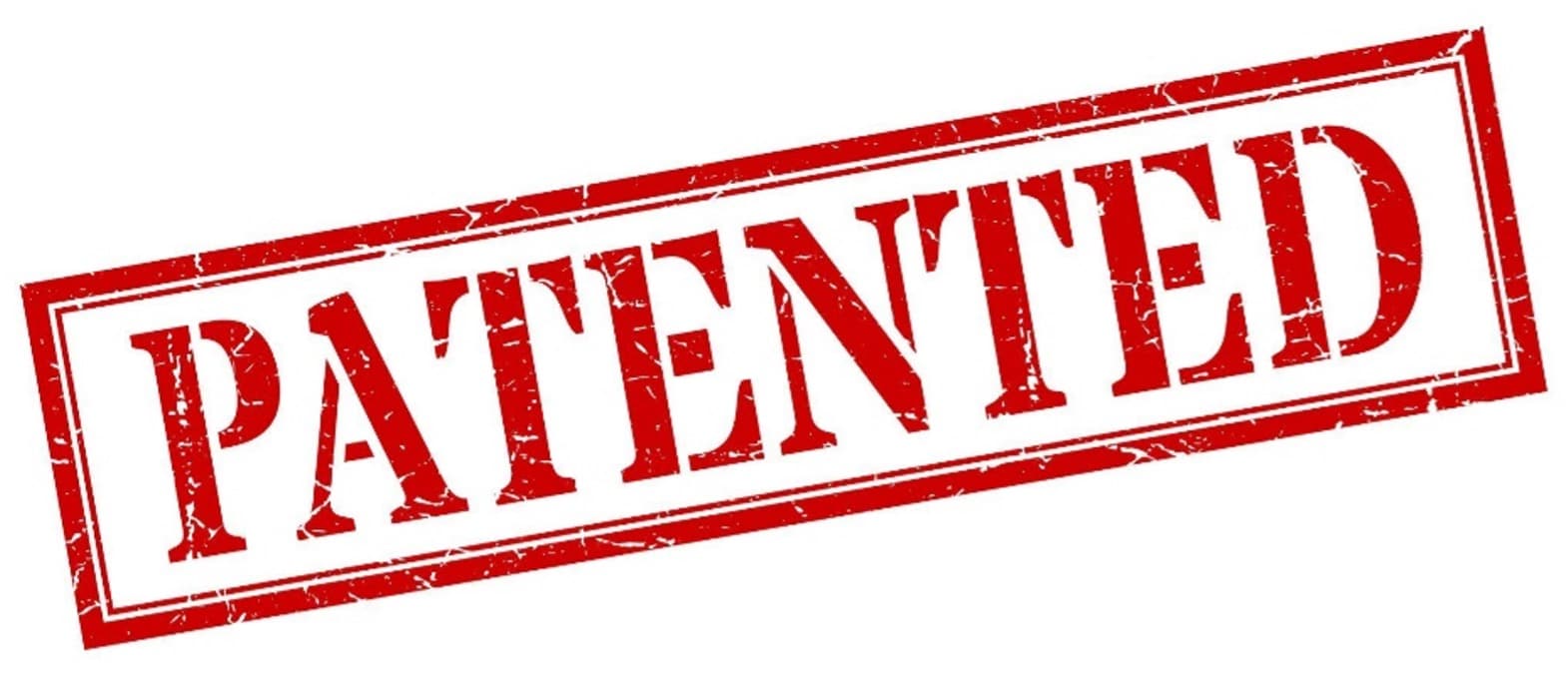Trademarks and copyrights – how do they work in South Africa?

Dingley Marshall Lewin, a leading Intellectual Property firm in South Africa explains that Intellectual Property protection is an integral part of insuring a business. If you are aware of what type of IP rights you own, you can address them by taking legal action.
In this case, it would be best to consult a professional. However, many business owners don’t know much about intellectual property law and how it works in South Africa?
We have broken it down for you:

1. Trademark
A trademark can serve as an effective way to protect your name, logo, brand symbol, etc., so that no one else can use it. Examples are the Coca-Cola branding and Nike swoosh. Upon registration of the trademark, limited to the goods or services you sell, for example a logo, no one else may use that mark or a symbol similar to it in South Africa.

CIPC (Commission for Companies and Intellectual Property) is responsible for registering South African trademarks. Trademark registrations are subject to fees for each class in which a mark is registered. If you believe someone has infringed your trademark, you can file an interdict to force them to cease doing so, order that they return the goods bearing the mark or claim damages.

2. Copyright
An original piece of work can be protected with Copyright, which are exclusive rights. Among the rights provided by a copyright are the rights to reproduce, publish, broadcast, adapt and import the work.
There are several types of copyright legislation in South Africa including literature, music, broadcasts, sound recordings, artworks and computer programs which all fall under the scope of the copyright law in South Africa.
Depending on what kind of work it is, copyrights are granted for a period of between 50 and 70 years. Unlike other intellectual property rights, Copyright does not require physical registration. After meeting the requirements outlined in the Copyright Act, the creator receives this right automatically.
On the contrary, many people think you can have a copyright for a good idea. Unfortunately, there is no protection for ideas under copyright. Unless it is expressed in a tangible form such as a book or painting, a good idea is not protected.

Patents
When it comes to patents, the term specifically refers to the certificate issued to the patent holder upon registration. Having a patent protects your invention from being copied, used, distributed, imported or sold without your (the patentee) permission.
The CIPC provides this registration service for a fee. Before beginning this process, you should get professional assistance from an intellectual property attorney. It is a more complicated and expensive process than registering a trademark.
Normally, patent protection lasts for a period of twenty years before it expires. If someone uses a patent without permission, the patent holder may sue them for damages by seeking an interdict and filing a lawsuit. Patent holders cannot renew a patent.
In conclusion, it is imperative that when companies, brands or individuals seek to strengthen their product or service, that they firstly be able to decipher between which form of intellectual property protection they should seek, and secondly, do so in order to protect their work.
Trademarks, copyrights and patents are the best forms of leveraging your brand’s authenticity without the possibility of infringement or duplication that can end up in you losing business to someone else.
